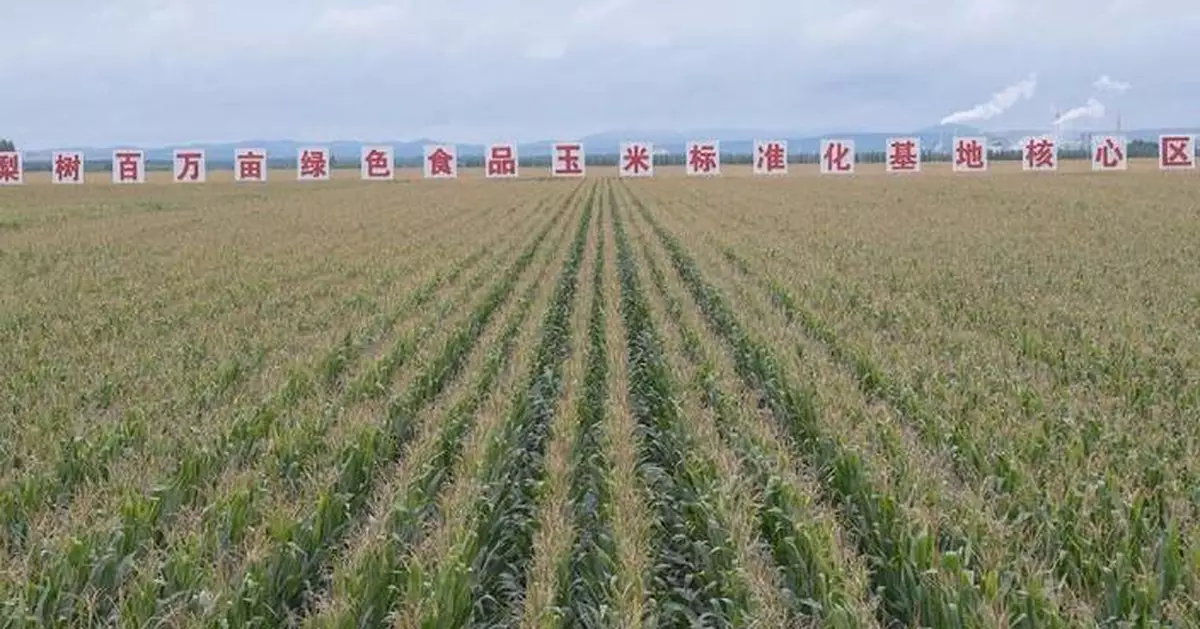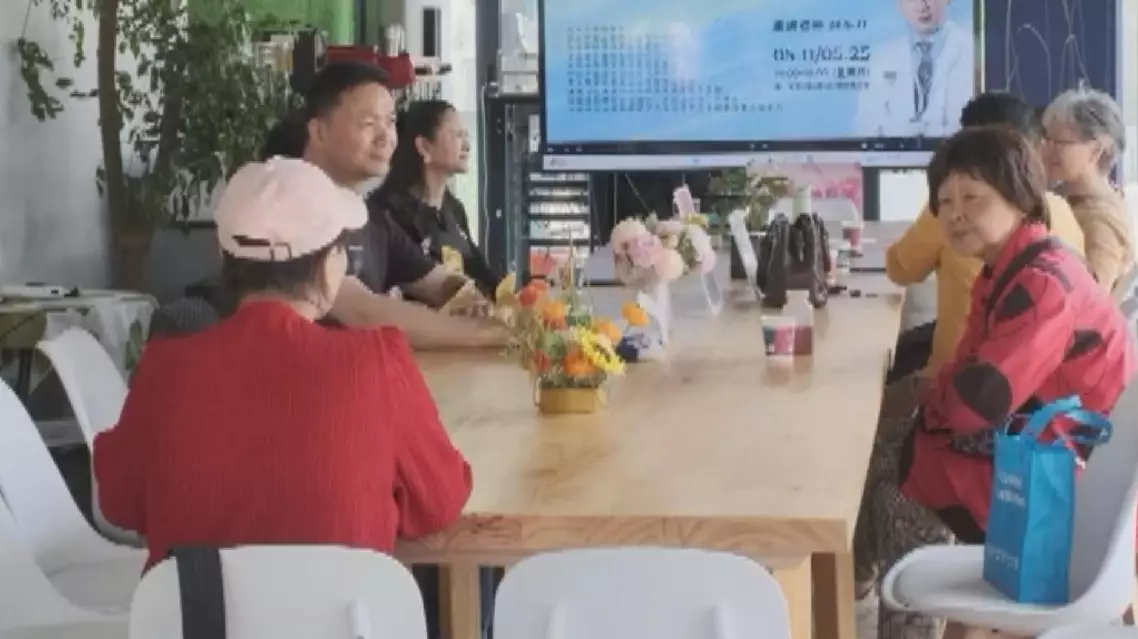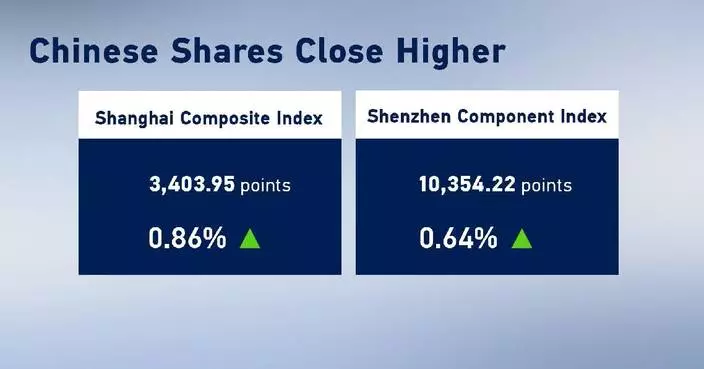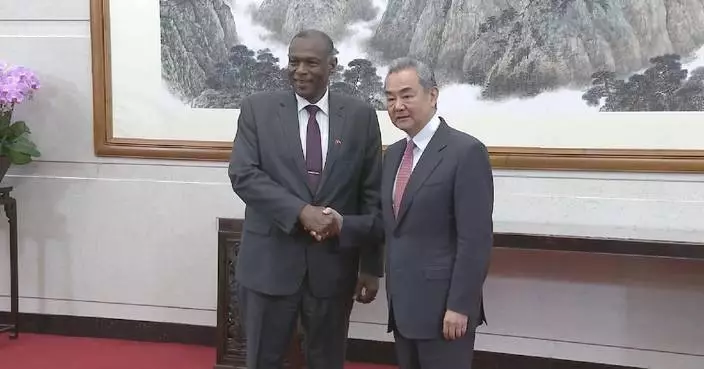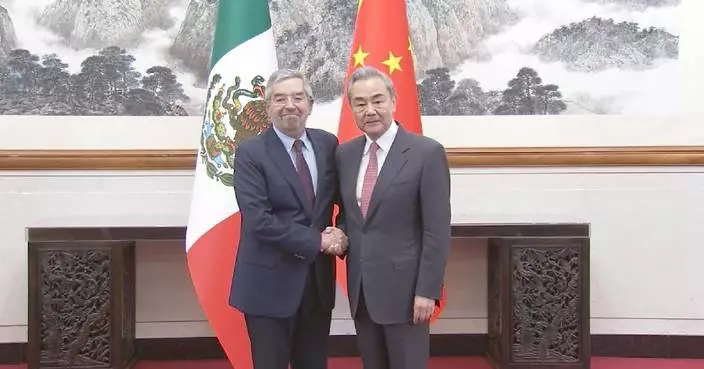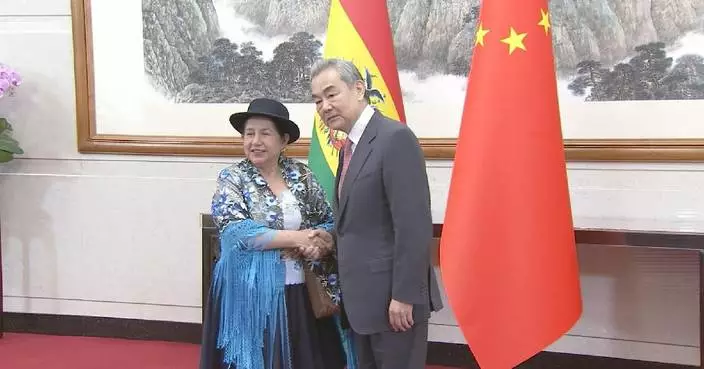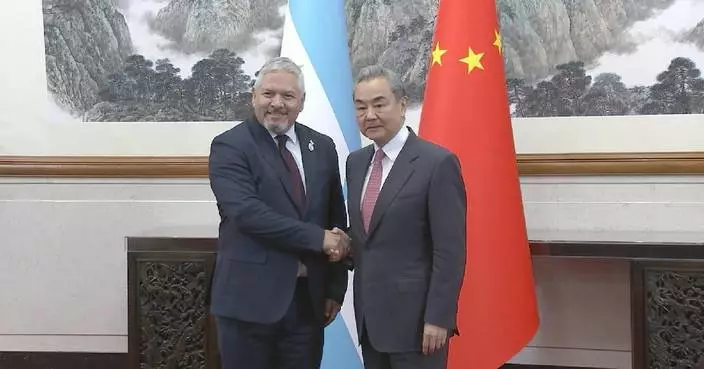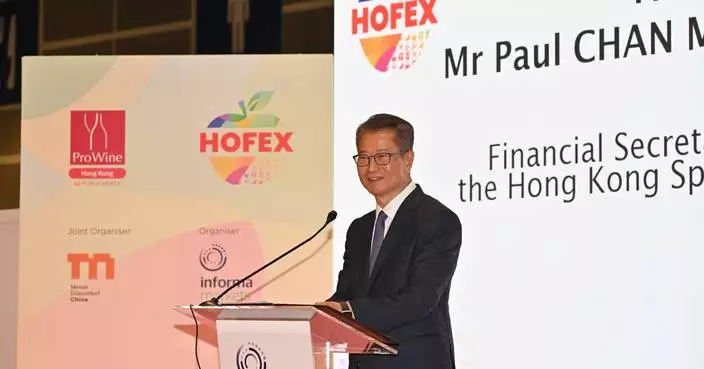After years of experimentation, Lishu County in northeast China's Jilin Province, known for its fertile black soil, has developed an effective method for protecting and even enhancing this rare resource. Known as the Lishu Model, this approach utilizes locally grown maize straw to help prevent soil erosion.
Black soil is dubbed the "giant panda of farmland." It is recognized as the most fertile soil in the world.
The black soil in northeast China is one of four major chernozem regions around the world. Covering an area of 1.09 million square kilometers, it is also one of the most fertile regions in the country.
But long-term cultivation and overuse of fertilizers posed threat to the local environment and grain production.
According to Wang Guiman, director of the Agricultural Technology Promotion Center of Lishu County, protective cover is the key to treating black soil in northeast China, where the soil is vulnerable to wind and water erosion.
"Simply speaking, the Lishu Model is to return maize straw to farmland as kind of mulch. More simply speaking, it is like putting on clothes for the farmland or covering it with quilts. The major reasons for black soil degradation are wind and water erosion. So, the straw cover can help the black soil to resist these forms of erosion," Wang said.
Wang said that the Lishu Model can improve fertility while reducing cultivation, as it encourages farmers to use no-tillage sowing which can help to protect the top-layer soil.
"In application of the Lishu Model, on the one hand, our technical system has been largely established. On the other hand, we have successfully developed and upgraded no-till seeders which can work in farmland covered by maize straw," Wang said.
Back in the summer of 2020, Chinese President Xi Jinping visited Lishu. He stressed effective measures to protect the black soil for future generations, and said the Lishu Model is worth promoting.
With continuing innovation, the Lishu Model integrates comprehensive soil testing, a fertilization formula, as well as green pest control measures among other techniques.
According to Zhang Yingnan, director of the Bureau of Agriculture and Rural Affairs in Lishu County, Xi's visit has encouraged them. Now Lishu's annual grain production has been stable at over two billion kilograms for a prolonged period. And this year the output is expected to exceed 2.25 billion kilograms.
"The agricultural department in Lishu County has strictly followed General Secretary Xi Jinping's instructions in recent years, particularly regarding the protection of black soil, and we have achieved significant results," Zhang said.
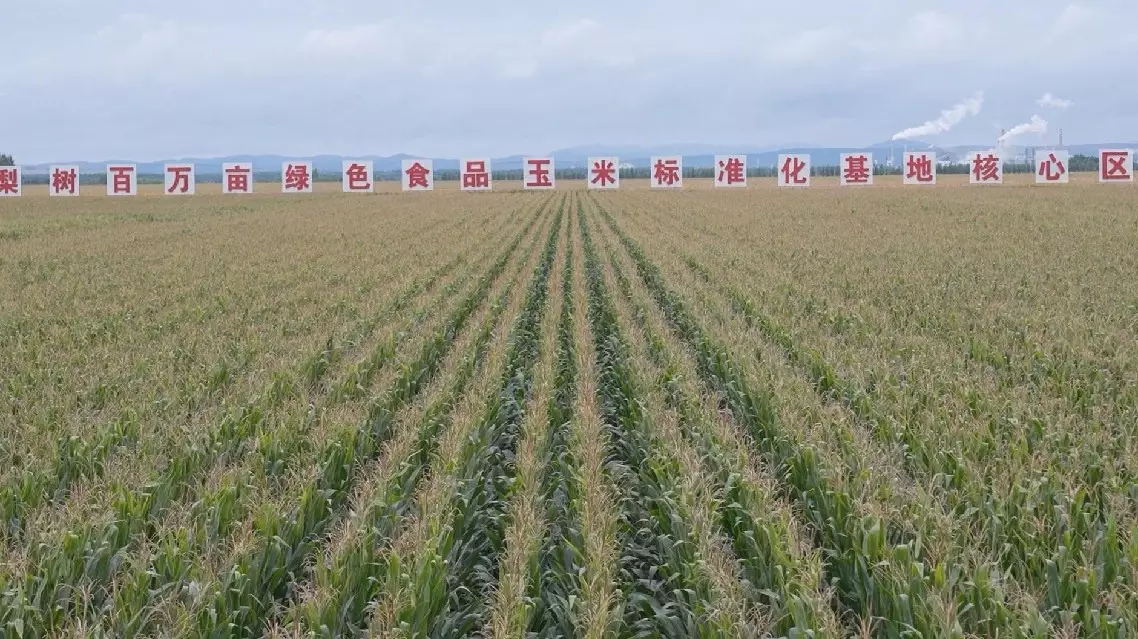
New method developed for protecting fertile black soil in northeast China


